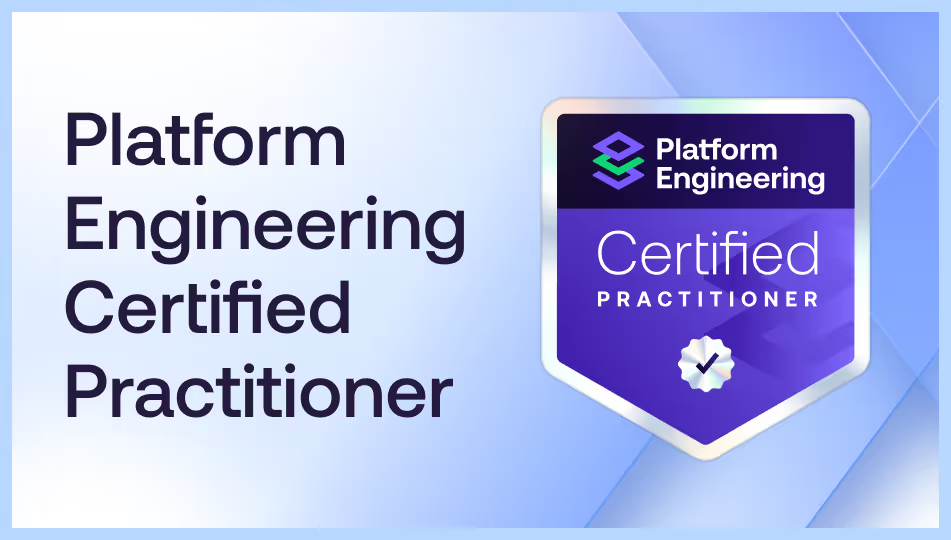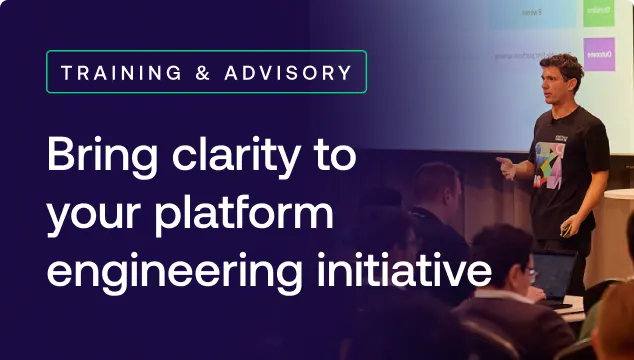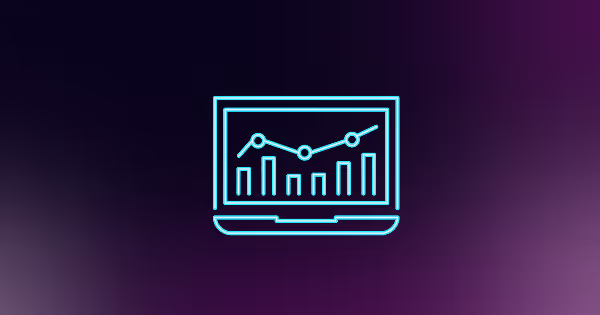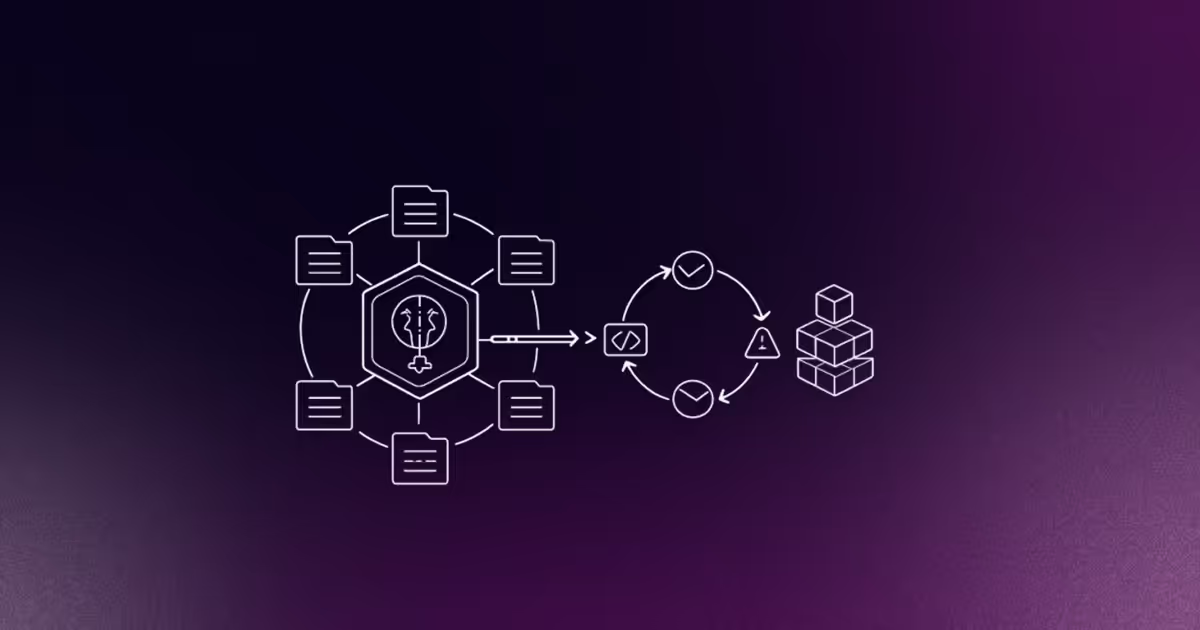Across 200 traveling days talking platforms with clients, Rickey Zachary of Thoughtworks has been bombarded with one question in 2025, “Does platform engineering still matter in an AI-driven world?”.
Lucky for Rickey, the answer is easy. Platform engineering is a fundamental driver of successful AI initiatives. It is both a crucial level for successful AI, and a huge beneficiary of AI in the enterprise. This answer is corroborated from the 2025 DORA report to our State of AI in platform engineering, or simply from conversations with Leah Rivers and James Brookbank who work on Google’s mysterious (but likely incredibly powerful) Internal Developer Platform.
This article is based on insights from our community webinar, Beyond DORA: Metrics, AI and the future of platform engineering.

AI is an amplifier, not a magic wand
The single most critical finding from the State of AI in Platform Engineering and DORA 2025 is that AI’s primary role is to magnify what’s already there. It amplifies the strengths of high-performing organisations and the dysfunctions of struggling ones. Without a solid foundation, localised productivity gains from AI are quickly lost to downstream chaos. This means that simply giving devs AI tools without addressing underlying systemic issues won’t just fail to deliver value; it might make things worse.
As Leah Rivers, Director of Product, Software Foundations at Google explains, the first step should always be to diagnose the system. She advises, “start by understanding what problem it is we're trying to solve”. Too often, teams are pressured into peanut-buttering AI across their workflows without this clarity, driven by "strategy by FOMO".
This is where the cracks begin to show.
“When the magic of AI comes in place, it just exposes a lot of those technical debt issues. If your documentation is trapped in PDFs or your security policies are inconsistent, an AI agent won't fix it and it will simply fail more efficiently. The problem was there before, and now it's a blocker for your AI strategy". - Rickey Zachary, Global Engineering Platforms Lead at Thoughtworks.
It’s crucial to orient around actual problems. On a major multi-year modernization project at one of Rickey’s clients, an “AI mandate” came down from on high. But simply just throwing AI into the mix is not enough to drive value (and in fact will likely slow or complicate things). Instead, Rickey and the team identified a key area that could be accelerated with AI. Testing was a clear slow down point that could integrate AI to reduce toil and speed up timelines. A clear problem, a direct solution. That is where AI thrives.
Platform engineering as the foundation for AI success
If AI amplifies the underlying system, then the quality of that system is key. The DORA report found a direct correlation between a high-quality internal platform and an organisation’s ability to unlock AI’s value, calling it an essential foundation for AI success. The State of AI in Platform Engineering report confirms this, with 86% of organisations believing that platform engineering is essential to realising the full business value of AI.
“If you've not invested in those quality internal platforms... all these things will now just create problems in your ecosystems”. - James Brookbank, Cloud Solutions Architect Manager at Google Cloud
A high-quality platform provides the very structure AI needs to thrive. It offers the well-documented APIs, automated guardrails, and secure "paved roads" that channel AI's generative power productively. It’s the difference between AI generating thousands of lines of code that get stuck in a six-month testing cycle and AI helping to streamline that cycle itself. Without a platform to provide these systemic capabilities, you can’t translate individual productivity into organisational momentum.
The relationship is also not one-sided. Just as AI needs platform engineering, AI is fundamentally reshaping what it means to build and run a platform. The State of AI in Platform Engineering report identifies a "dual mandate" for modern platform teams. They must build both "AI-powered platforms," which leverage AI to enhance their own capabilities, and "platforms for AI," which provide the specialised infrastructure for developing and deploying AI/ML workloads.
AI is an opportunity, not a threat
The research is clear: organisations that treat their internal platform as a strategic product see significantly greater returns from their AI initiatives. For platform engineers, this is not a threat but an incredible opportunity. The rise of AI doesn't make their work obsolete; it makes it more critical than ever. Platform teams are uniquely positioned to deliver the incredible value that AI promises by transforming fragmented, tactical experiments into cohesive, enterprise-wide capabilities.
To learn more about this topic, dive into the webinar or download the State of AI in Platform Engineering or DORA 2025 report.














